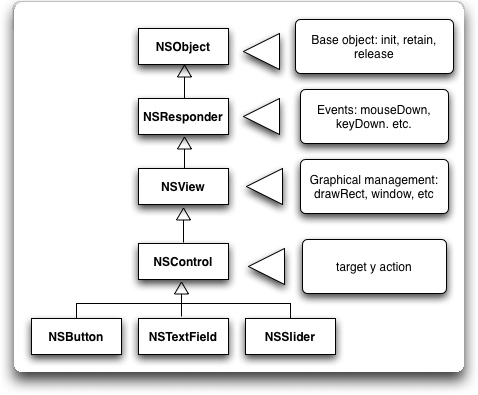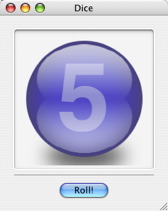In languages like Java and actionscript, the "runtime" manages memory, using what is called a garbage collector, that reclaims the memory occupied by an object once it determines that object is no longer accessible. In Objective-C, the programmer must release the resources that he or she has previously allocated to be used by the program.
Memory management is not difficult by itself, because the developer must follow only a few rules, but it is the source of many memory leaks, specially when the program behaves in an unexpected way.
So, what happens when we need to throw exceptions?. How can we be sure that we are not producing memory leaks?. Chris Hanson writes about it in Cocoa memory management & exceptions


